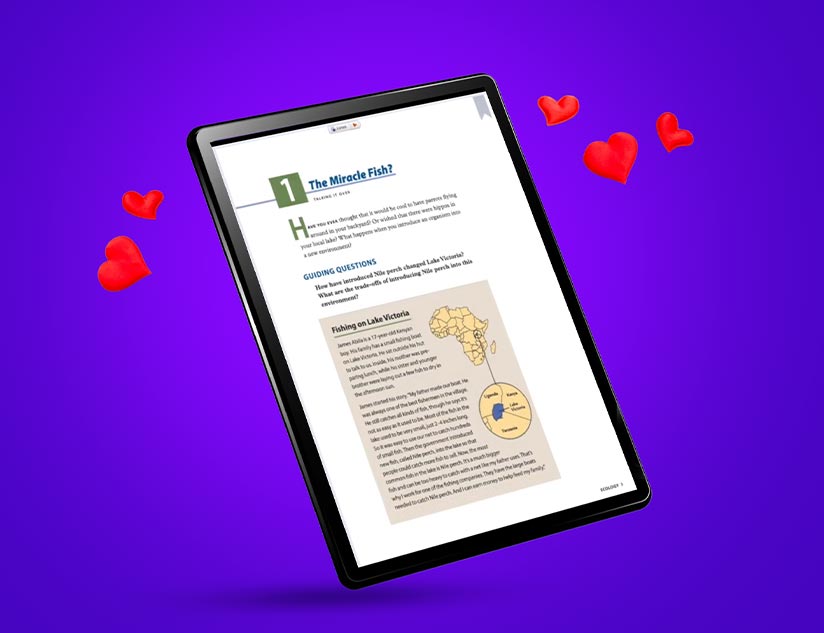The days of turning pages, straining the eyes with small letters, and making space on the bookshelf every time one fancies a new book are long gone. It is the age of swiping, zooming in and out, and saving eBooks you love on the cloud. The proliferation of reading and listening devices and mobile applications across platforms to support our busy lifestyles has driven the growth of the digital book industry thus far. Read on to see where it is headed in 2024.
eBook Market Outlook
The global eBook market is projected to be worth $32.19 billion by 2032 with eBook sales forecast to grow at a CAGR of 4.9% between 2022 and 2032.
The growth of the digital book industry is propelled by several factors:
- Enhanced reading and listening experiences, featuring bookmarking, highlighting, and annotating facilities, which contribute to personalized book-reading experiences.
- Increasing smartphone penetration and the utilization of NLP-powered multilingual translation, enabling readers to access content in their preferred language.
- Affordable subscription options and lending alternatives, offering customized offerings that empower users to manage and personalize their reading experiences.
- The accessibility and cost-efficiency of digital books are heightened by the availability of content anytime and anywhere.
- Global green initiatives actively discourage the use of paper, further promoting the adoption of digital books.
Benefits of eBook Publishing
Adapting to modern reading habits and offering digital products and services is critical to attracting and retaining today’s digital audience.
Convenience
While offering convenience and portability to your audience is the first priority, enhancing ROI and reducing expenses come in a close second. The publishing industry across the education and leisure segments can leverage cutting-edge eBook publishing platforms to simultaneously publish in multiple languages.
Trend and Reader-Preference Analysis
With the availability of powerful analytics, modern platforms can offer personalized recommendations to enhance consumer engagement. These can also offer insights into the types of content that perform better and are in demand among customers.
Personalization
Finally, eReaders, read-aloud features, and eBooks allow users to customize their experiences, something unique to the digital mode of reading. This creates a new stream of opportunities for publishers.
The Future of eBooks in the Publishing Industry
eBooks have significantly transformed publishing processes and workflows, giving new life to the traditional publishing industry struggling to keep pace with the demands of digital consumers. Modern tools have transformed digital educational publishing from a mere transformation of books to modes of offering experiential digital reading and learning. Here are the top trends that will shape the digital publishing industry in 2024.
Adoption of Artificial Intelligence Technologies
Advanced ebook publishing tools will help expedite the creation of learning resources and reading material. They will augment authors’ creativity and help them push the boundaries of their imagination, thus enhancing their storytelling capabilities. Additionally, NLP will accelerate the transition into multiple languages and make the content more aligned with the cultural and societal nuances of the reader. This will help deliver personalized learning and reading experiences.
Rise of Independent Publishing
Self-publishing and distribution platforms will allow authors to enter newer markets faster and more cost-effectively. They will eliminate the barriers of traditional publishing by facilitating compliance, recommending culture-appropriate examples, and flagging perceivably offensive content. This will help transcend geographical, linguistic, and cultural barriers and promote diversity and inclusion in the publishing industry.
Concerns of Intellectual Property
While generative AI is already creating waves across the globe to streamline copyright initiatives, the publishing industry is among the sectors deeply affected by this technology. Assigning adequate copyright to the author and managing intellectual property rights with interspersed AI-produced and manual content can be a challenge going forward. Increased regulatory oversight will govern how things take shape in this particular area. While maintaining transparency in content creation workflows will be emphasized, publishers will compete to establish dominance in their eBook publishing processes.
Multi-Device Accessibility
With smarter mobile devices and AR/VR devices entering the market, ebook publishing will accommodate newer publishing formats to entice readers by offering immersive experiences. Further, ensuring seamless experiences across devices and convenience of portability will be significant in determining the successful adoption of these new technologies.
Tap into the Burgeoning Market
With the heightened adoption of online learning platforms and increased emphasis on inclusive and accessible digital eBook platforms, the market is ripe with immense potential to harness. Educational, informative, and leisure publishers must adopt the latest tools to facilitate the creation of engaging, multilingual content with AI-powered intelligent assistance.
MagicBox’s interactive eBook publishing and distribution platform helps publishers enhance the visibility and acceptance of their content. This enables faster distribution while increasing the accessibility and readability of the content to elevate readers’ post-purchase experiences. Schedule a live demo with our experts to learn more.
















